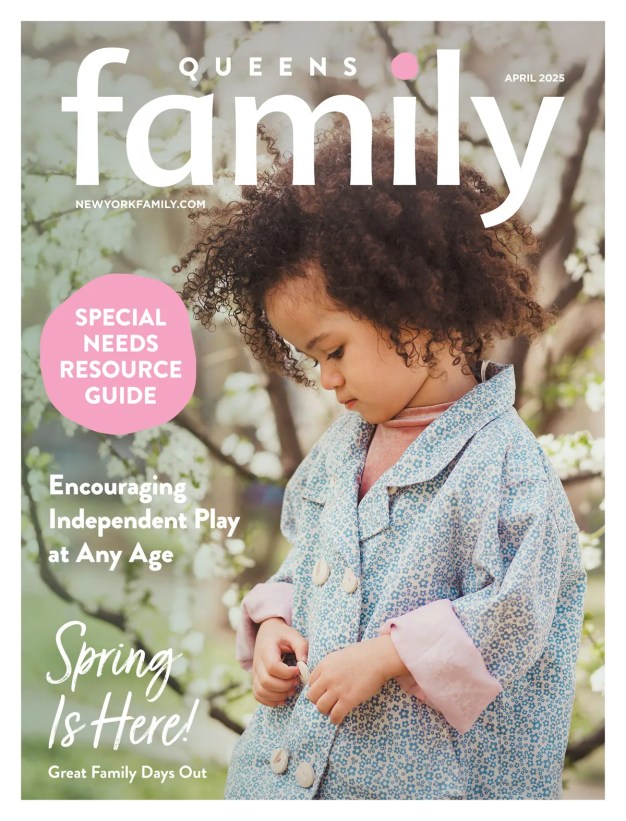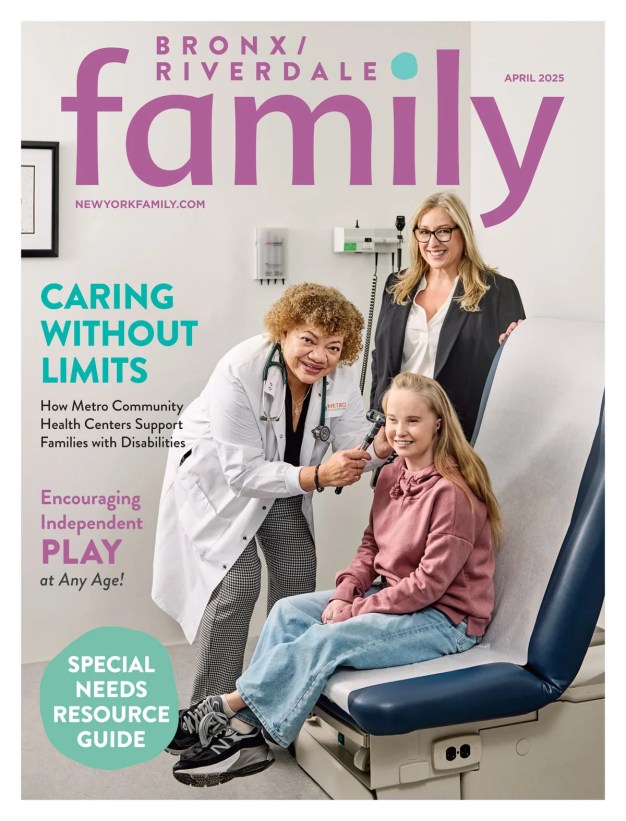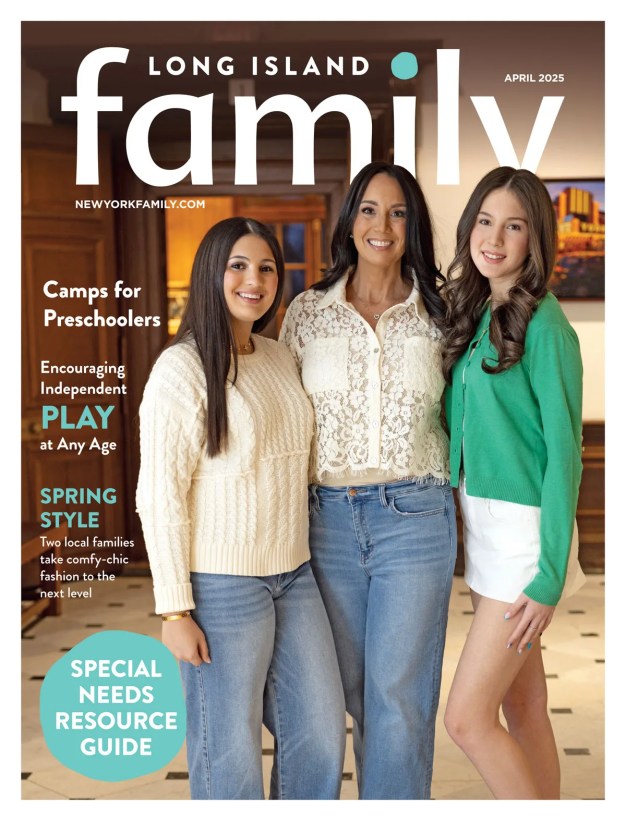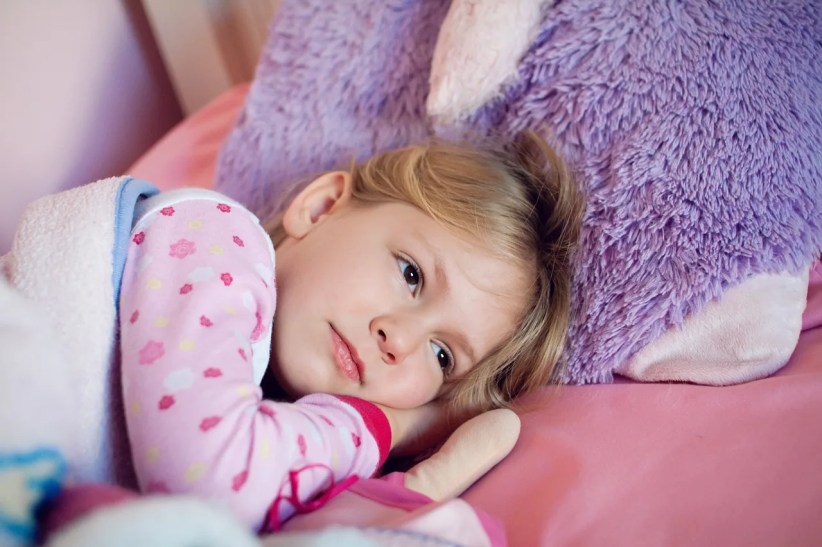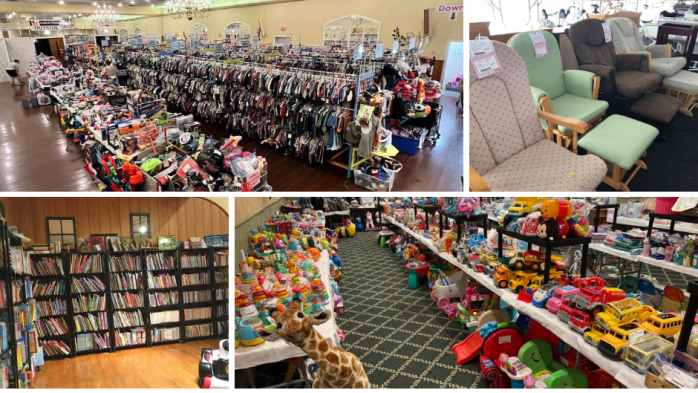Talking with your children about eating disorders — defined as “serious disturbances to your everyday diet, such as eating extremely small amounts of food or severely overeating,” according to the National Institute of Mental Health — is very important, but it can be a tricky business. Here’s a quick guide to help you approach the topic:
Be calm
An emotive topic such as eating disorders can quickly spiral out of control — particularly when you as a parent are aware of the potential health consequences that anorexia nervosa, bulimia nervosa, or binge-eating disorder can bring with them. Early intervention can be crucial where eating disorders are concerned, but many parents avoid voicing their suspicions until it is too late, as they fear a row.
One way to bolster your sense of calm is to prepare what you’re going to say beforehand. It’s hard to keep your cool if your child reacts badly to your words — but planning the thread of your conversation before bringing it up can help a lot in allowing you to calmly weather any such storms. You can never entirely predict how a teenager is going to react to your words, but you will by now have at least some idea of the kind of vocal and reasoning techniques which work on them, and those which are likely to provoke an argument.
Try speaking to your teen on a reasonable and adult level. Treating teens like grown-ups where serious subjects are concerned often inspires young people to act in a way which will prove themselves worthy of this respect. Anything you can do to keep the conversation on an even keel is well worth it — as the longer the lines of communication are open and working smoothly, the more information you can exchange on this crucial topic.
Don’t be judgemental
Voice your concerns — but try not to do so in a manner which is judgemental or makes it seem as though you’re blaming your child. If you make her feel as though you’re getting at her, she may well become defensive and shut down the conversation. Some eating disorders come with patterns of behavior or ideas about food that may seem peculiar to those without an eating disorder — and it’s very easy to blame the suffering individual for what seem like weird diet quirks.
In fact, these are part and parcel of the eating disorder, which is — and this is important to remember — an illness. You wouldn’t blame or judge your child for having a runny nose when she has a cold, so try to extend the same sympathy and unconditional support to your child during conversations about eating disorders. Of course, this can be difficult when the very nature of eating disorders means that your child is unfortunately likely to avoid and prevaricate when the issue is addressed, which can be frustrating, so, as above, try always to stay calm. Staying calm will prevent you from acting as though you blame her.
Listen
This conversation should not be a lecture. It should be an opportunity for your child to open up to you about any issues she has with food, or body image, or any questions she has about eating disorders.
We are lucky in New York to have a range of resources available to us which aim to promote healthy body image and reduce eating disorders — but it does not matter how much you tell a child, if she does not feel like you’re hearing her point of view on the subject, none of it will go in. So, have an open conversation. Listen to what she’s not telling you as much as what she is, and encourage her to come to you for unconditional love, support, and an open ear if she is struggling.
Prepare for negativity
Unfortunately, eating disorders and the body-image issues with which they are often associated frequently come with a considerable degree of secretiveness and defensiveness as part of the package. And this is before you take into account the fact that you may be dealing with teenagers — a demographic which can be volatile at the best of times.
Even the calmest, most open and well-reasoned conversational approach to this topic may be met with opprobrium or sulkiness.
That’s okay. Don’t worry. You’ve breached the topic, and let your child know that you love and care for her and want to help her in the event that she does develop an eating disorder.
Hopefully, these thoughts will percolate within her mind, and when she’s feeling a bit less defensive, she might bring the subject up on her own. If not, keep on trying at regular intervals, always highlighting the message that you’re not cross, you just think that this is an important conversation which you wish to have because you love your child.
For information about eating disorders, visit the National Institute of Mental Health at www.nimh.nih.gov.
Helen Steele is a writer and volunteer for charities that help people who suffer from mental health problems, addictions, and eating disorders. Steele has battled anorexia, and although she is well now, and has been able to have her own family, she’s keen to ensure her own daughters have a healthy attitude towards their bodies and food.


